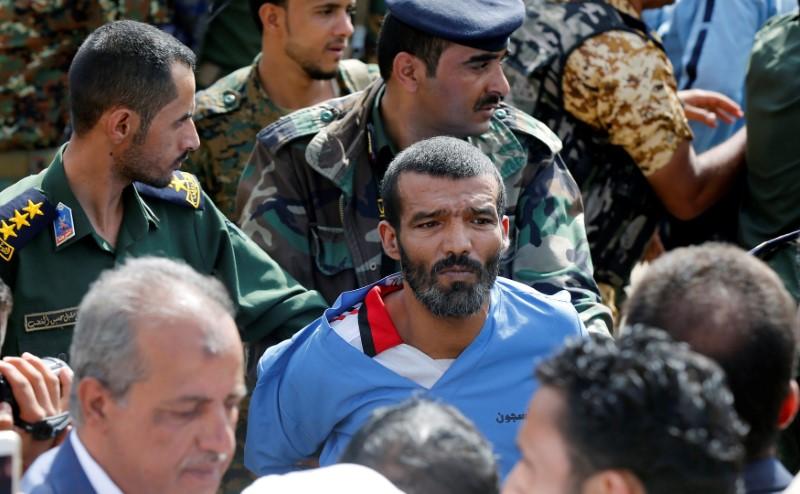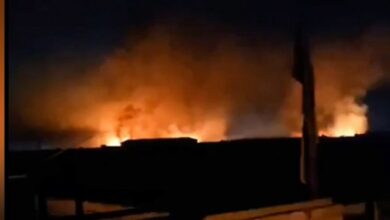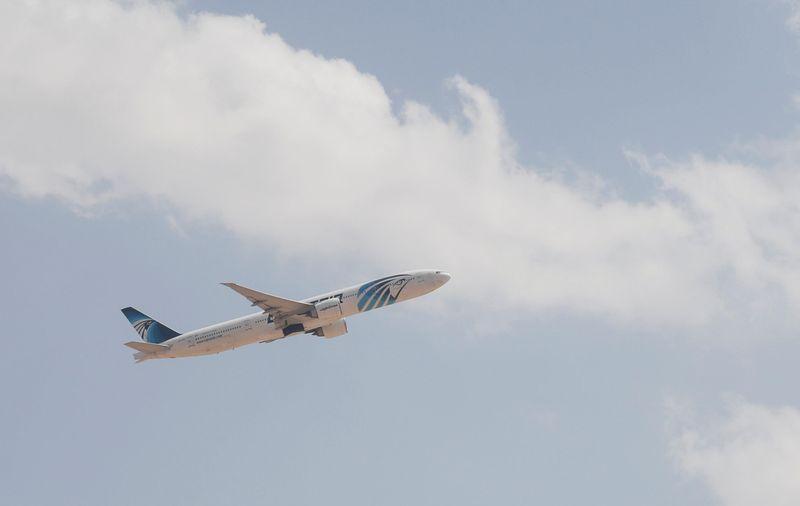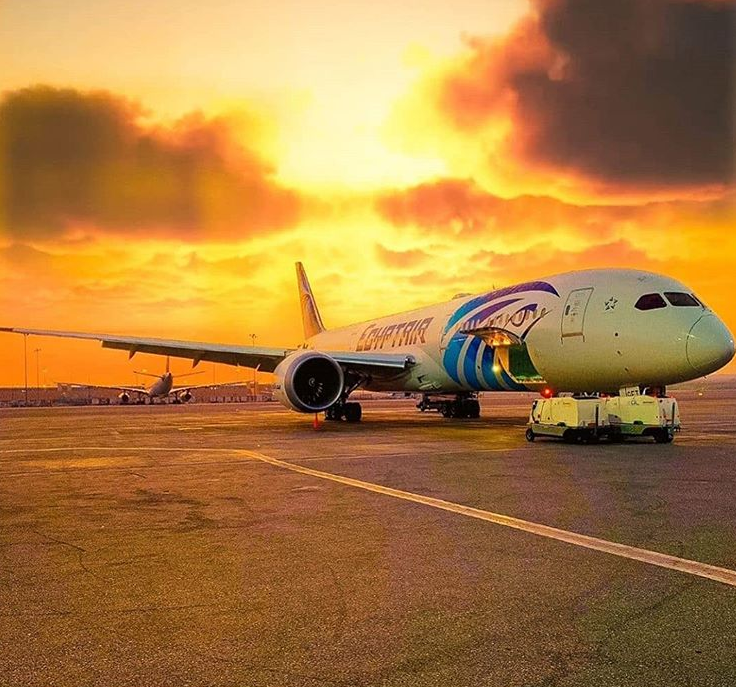
Iraq’s autonomous Kurdistan region plans to hold presidential and parliamentary elections on Nov. 1, the Erbil-based Rudaw TV said on Tuesday, as the Kurdish leadership cements its case for independence.
A referendum held on Sept. 25 in the country’s Kurdish-held northern regions delivered an overwhelming ‘yes’ for independence, raising fears in Iraq and abroad of ethnic strains and a weakening of a US-backed campaign against Islamic State.
Turkish President Tayyip Erdogan said on Tuesday Turkey would impose further sanctions on northern Iraq over the vote. Powerful neighbors Ankara and Tehran fear it could fuel Kurdish separatism within their own borders.
The Kurdistan Regional Government (KRG), however, has not declared independence and the elections are for the parliament and presidency of the region, not for an independent state.
Baghdad retaliated to the referendum with an international flights ban on Kurdish airports, while Iran and Turkey launched joint military drills with Iraqi troops at their borders with Iraqi Kurdistan.
The Shi‘ite Arab-led Iraqi government has rejected a KRG offer to discuss independence. It demanded Kurdish leaders cancel the result of the referendum or face continued sanctions, international isolation and possible military intervention.
Masoud Barzani, the heir of a dynasty who have led a Kurdish struggle for independence for over a century, has held the KRG presidency since its establishment in 2005, two years after the U.S.-led invasion that toppled Saddam Hussein.
His tenure was extended beyond his second term, in 2013, as fresh turmoil engulfed the region and Islamic State overran, in 2014, about a third of Iraq, threatening the Kurdish region. It was unclear whether Barzani would or could stand in the November poll as Kurdish law says a president cannot stay in office for more than two terms.
Campaigning for the two elections will start on Oct. 15, Rudaw TV cited the High Elections and Referendum Commission chief Hendrean Mohammed.
Islamic State’s self-declared ‘‘caliphate‘’ effectively collapsed in July, when their stronghold in Mosul, west of the KRG capital Erbil, fell to a US-backed Iraqi offensive with the participation of Kurdish Peshmerga fighters.The Kurdish push for independence is meant to capitalize on their key contribution to the war on Islamic State after the group overwhelmed Iraqi forces in 2014.
The US administration, which had strengthened its alliance with Iraq’s Kurds during the war on Islamic State, is taking the side of Baghdad in the crisis, in refusing to recognize the outcome of the referendum.




